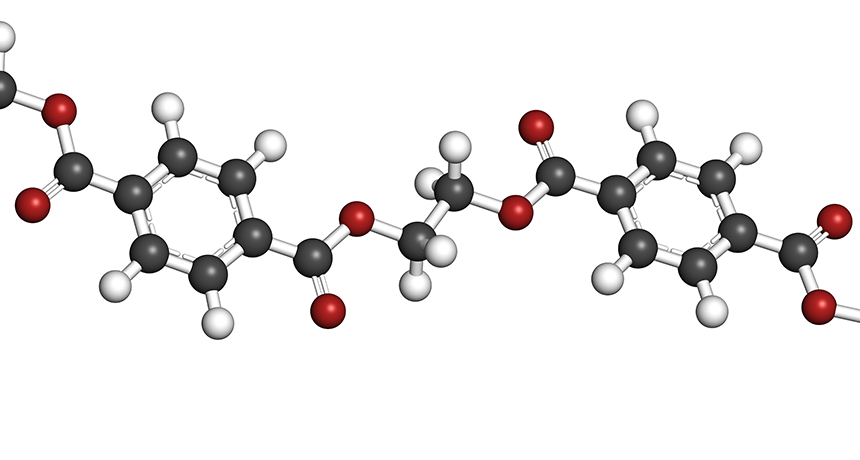Latest Developments in Polymers: Cutting-Edge Technology
Latest Developments in Polymers: Cutting-Edge Technology
Blog Article
Discovering the Varied Applications and Benefits of Polymers in Different Industries
Polymers, with their varied variety of buildings and capabilities, have actually ended up being essential in different markets, each gaining special advantages from their application. Polymers. From boosting security and efficiency in the auto sector to reinventing clinical devices in the healthcare sector, polymers play a crucial function. Their environmentally friendly nature is changing the landscape of sustainability practices. As we look into the midsts of polymers in electronic devices, we discover advanced developments, while their structural honesty transforms the world of building and infrastructure. The prevalent impact of polymers across sectors is a testimony to their convenience and adaptability, forming the future of many markets.
Automotive Market Applications
Polymers play a critical function in enhancing the performance and durability of different components within the auto industry. These functional products are extensively used in the production of various parts, ranging from interior elements to under-the-hood applications. One noticeable use polymers in the vehicle industry remains in the production of lightweight parts. By replacing typical metal get rid of polymer-based alternatives, lorries can achieve enhanced gas effectiveness without jeopardizing on stamina or safety and security.

Healthcare Sector Advantages
In various healthcare applications, the advantages of making use of polymers are widely recognized for their diverse series of valuable residential properties. Polymers play an essential function in the medical care sector as a result of their convenience, biocompatibility, and cost-effectiveness. Among the key benefits of polymers in health care is their capability to be tailored to particular demands, such as flexibility, durability, and biodegradability, making them suitable for a vast variety of medical applications.
Polymer-based products are thoroughly made use of in clinical gadgets, such as catheters, implants, prosthetics, and medication shipment systems, due to their biocompatibility and ability to mimic all-natural cells. These materials can minimize the risk of allergies or rejections, enhancing patient safety and end results. Furthermore, polymers are lightweight, making them suitable for wearable medical gadgets and guaranteeing patient convenience.
Moreover, polymers enable the development of innovative therapy methods, such as hydrogels for cells engineering and nanocomposites for targeted medication delivery. Their simplicity of handling and sanitation makes them vital for maintaining high standards of health in medical care settings. In general, the varied advantages of polymers add significantly to advancements in medical technology and individual treatment.
Environmental Benefits of Polymers

Furthermore, polymers can contribute to energy cost savings because of their light-weight nature. In sectors such as transport, light-weight polymer products can aid decrease fuel usage and greenhouse gas discharges. In addition, polymers can make it possible for the growth of energy-efficient products such as insulation materials that improve power preservation in structures.
Furthermore, polymers play an essential role in decreasing water contamination. For instance, using polymer-based filtration systems can efficiently eliminate pollutants and contaminants from wastewater, protecting water resources and communities. Overall, the environmental advantages of polymers make them useful possessions in promoting sustainability and green techniques throughout different industries.
Polymers in Electronic Devices and Modern Technology
Thinking about the boosting need for ingenious and sustainable remedies in modern-day industries, the integration of innovative polymer technologies in the realm useful site of electronic devices and innovation has arised as an essential technique for driving news performance and performance. Polymers have changed the electronics sector by allowing the production of lighter, extra versatile, and durable electronic devices. From smart devices to medical gadgets, polymers play a critical duty in improving product style and functionality.
One considerable benefit of polymers in electronic devices is their insulating residential or commercial properties, which help secure delicate electronic parts from environmental aspects and electric disturbance. Additionally, polymers are crucial in the development of versatile displays, wearable innovation, and published electronic devices, using endless opportunities for producing clever and interconnected devices.
Moreover, using polymers in electronic product packaging has brought about innovations in miniaturization and thermal management, enhancing the total efficiency and reliability of electronic systems. As modern technology proceeds to evolve, the flexibility and versatility of polymers will undoubtedly drive additionally innovation in the electronics market, shaping the future of modern technology.
Duty of Polymers in Building And Construction and Framework
Polymers offer various advantages in the construction sector due to their adaptability, toughness, and cost-effectiveness. One essential role of polymers in construction is their use in layers and sealants, supplying security versus environmental factors such as dampness, UV radiation, and rust.
Moreover, polymers play a crucial role in lasting building practices by making it possible for the advancement of energy-efficient frameworks. Protecting materials made from polymers assist regulate interior temperatures, lowering the requirement for home heating and cooling systems and inevitably lowering power consumption. In addition, the use of polymer-based compounds in facilities tasks such as bridges and roads enhances their long life and decreases upkeep costs. In general, the unification of polymers in construction and infrastructure displays their substantial impact on modern design techniques.
Conclusion
In verdict, polymers play a critical site link duty in different markets such as automotive, healthcare, ecological, electronic devices, and construction. From boosting gas efficiency in automobiles to boosting clinical devices, polymers provide many advantages.
Report this page